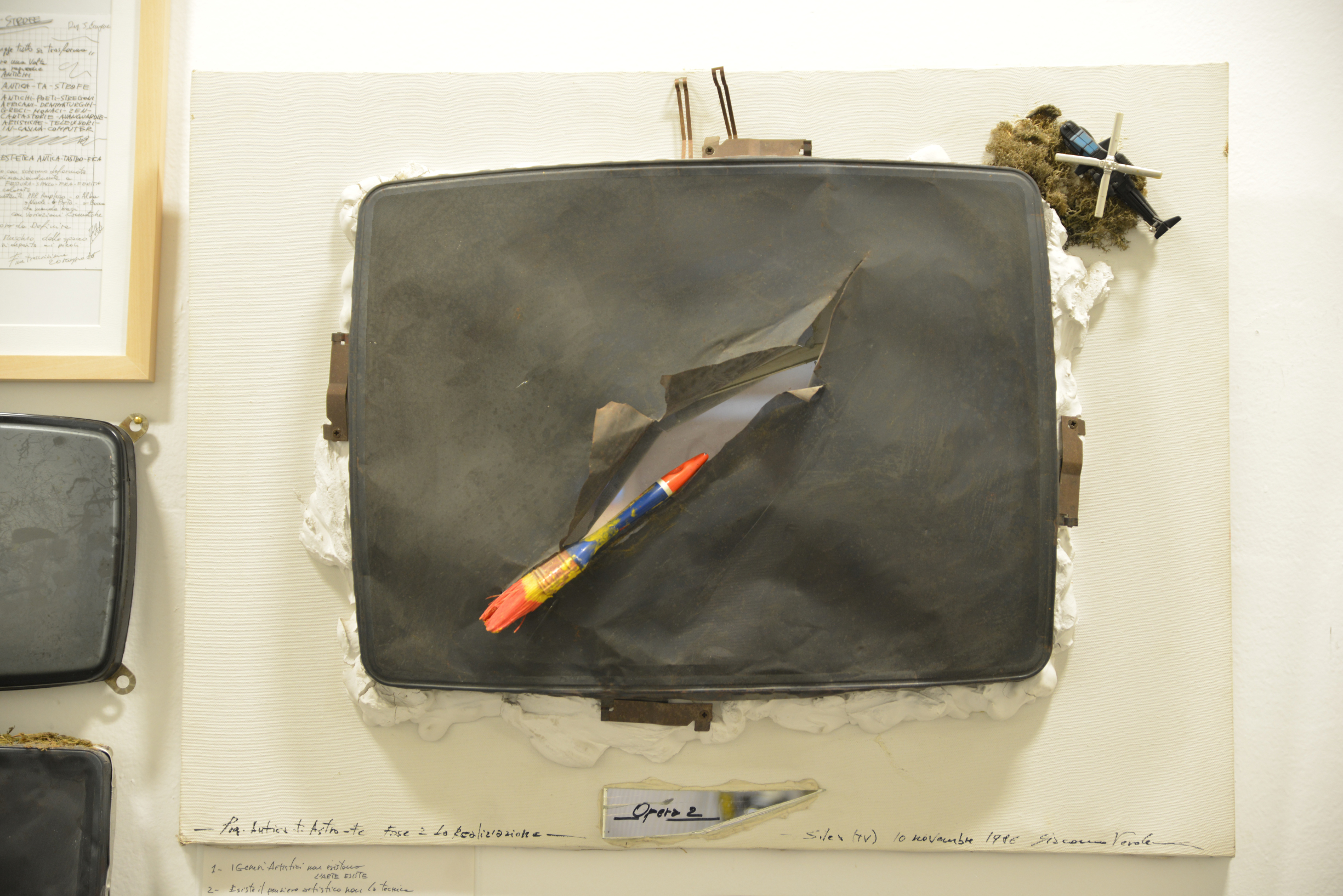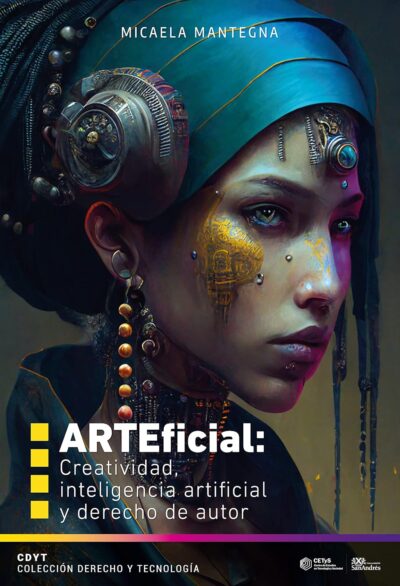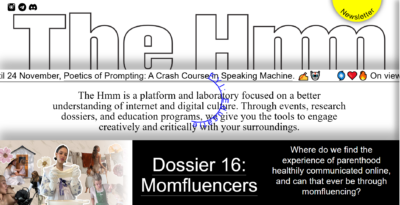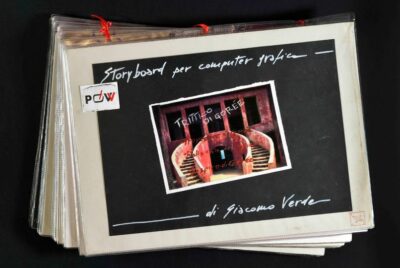British Library Sounds presents 50,000 recordings and their associated documentation from the Library’s extensive collections of unique sound recordings which come from all over the world and cover the entire range of recorded sound: music, drama and literature, oral history, wildlife and environmental sounds.
The selection available here comes from the 3.5 million sounds held in the British Library. You can search and browse the entire collection with the sound and moving image catalogue.
The original selections were made during the Archival Sound Recordings (ASR) project that ran from 2004 to 2009 and which was funded by the JISC (Joint Information Systems Committee) under its Digitisation Programme. British Library Sounds is the new name for Archival Sound Recordings. It retains all of the ASR content to which many thousands of new recordings have been added. New features and an improved player are available and the whole website has undergone a thorough re-design.
A selection from the British Library’s extensive collections of unique sound recordings, which come from all over the world and cover the entire range of recorded sound: music, drama and literature, oral history, wildlife and environmental sounds.
Sound recordings help us to understand the world around us. They document the UK’s creative endeavours, preserve key moments in history, capture personal memories, and give a sense of local and regional identity.
But the nation’s sound collections are under threat, both from physical degradation and the disappearance of the technologies that support them.
To understand the risks facing the UK’s sound collections and to map the scale of the problem, in January of this year the British Library began work conducting a National Audit of UK Sound Collections as part of the Library’s ongoing Save our Sounds programme.
The purpose of the project was to gather information from sound collection holders across the UK about the condition, formats, extent, uniqueness and subject matter of their collections.
This valuable information has allowed us to assess the state of the nation’s recorded heritage and the risks it faces as well as inform our strategy for addressing these problems.
The Directory of UK Sound Collections
Over a period of 20 weeks (from January to May 2015), this survey collected information on 3,015 collections, from 488 collection holders, containing 1.9 million items.
The resulting Directory of UK Sound Collections is now available to download.
The Directory contains details of all collections whose holders agreed to share information on their holdings.
If you would like to obtain the data as a CSV file for research purposes please send a request to the Reference Service.
Report on the National Audit of UK Sound Collections
A Report on the National Audit of UK Sound Collections describing the approach and methodology used, and analysing the results of the information gathered, is now available to download.
What’s next?
This audit gathered information on over 1.8 million recordings held in over 3,000 collections in less than five months. While not comprehensive, the results offer the most informed picture of the state of the nation’s sound collections ever collated and offer a resoundingly clear message – a message that the UK possess an invaluable wealth of recorded cultural memory that is under imminent threat from loss and decay.
International archival consensus holds that we have fifteen years in which to digitise historic sound recordings. By 2030, the scarcity of older equipment, the condition of recorded media and the loss of skills will make their preservation costly, difficult and, in many cases, impossible.
This problem doesn’t just apply to the National Sound Archive of over 6.5m recordings held at the British Library; it applies to the collections around the country that we have established information on by creating the Directory.
The challenge of preserving these sounds from such an imminent threat is the focus of the British Library’s Unlocking the UK’s Sound Heritage project.
With the help funding from the Heritage Lottery Fund, the Library will be able to digitise and publish online up to 500,000 rare and unique sounds from the Library’s own collections as well as using the results of the Directory to help preserve collection items from around the UK which are most at risk.
From 2017 to 2022 the British Library will then work with partner institutions to develop a national preservation network via ten regional centres of archival excellence that will digitise, preserve and share some of the unique, and nationally significant, audio heritage found in their local area as identified in this audit.
As well as helping foster professional skills in audio preservation these regional centres will help the British Library raise awareness throughout the nation of the serious and time sensitive task ahead by collaboratively implementing a major outreach program to schools and local communities to celebrate the UK’s sound heritage, and draw attention to the wealth of living history held in archives throughout the country.
For the many more collections that cannot be part of the project the British Library will publish advice online on caring for collections and helping spread relevant information to collection holders.
As part of the Library’s ongoing Living Knowledge vision we will aim to preserve as many as possible of the nation’s rare and unique sound recordings, and also to protect the future of our audio heritage, by improving the way in which we collect sounds digitally.
– See more at: http://www.bl.uk/projects/uk-sound-directory#sthash.80PqcW0L.dpuf





